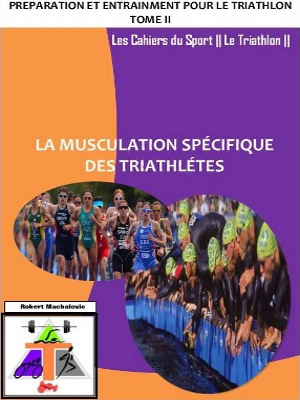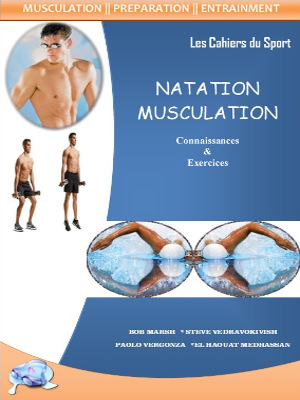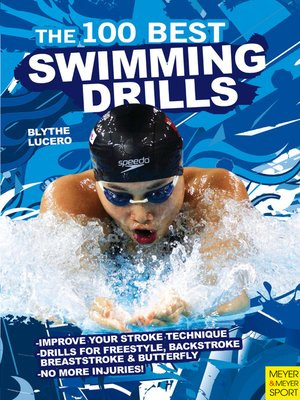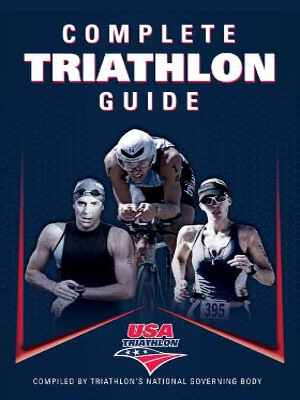Because hydrodynamic drag can also be reduced by drafting – ie swimming directly behind another swimmer – the researchers set out to investigate the effects of drafting on subsequent cycling in a group of eight male triathletes competing at regional or national level.
After laboratory tests designed to determine VO2max and maximal aerobic power (MAP), each triathlete underwent three submaximal sessions separated by at least 48 hours, as follows:
- A 750m swim performed alone at a sprint triathlon competition pace to determine the swimming intensity for each subject
- A 750m swim at the pace adopted during the first session, followed by a 15-minute ride on a cycle ergometer at 75% of MAP and at a freely chosen cadence
- A 750m swim in drafting position at the same pace as before, followed by a 15-minute ride at the same intensity
The triathletes wore neoprene wet suits for all the swim tests and, when drafting, swam in the wake of a highly trained swimmer competing at international level.
Although no significant differences in performance were observed between the two swimming trials, there were other clear benefits conferred by drafting:
- Drafting resulted in a significant mean decrease of 7% in heart rate values during the last 4 minutes of swimming by comparison with swimming alone, while post swim lactate values were significantly lower after drafting;
- RPE (rating of perceived exertion) values recorded immediately after swimming indicated that perception of effort was significantly lower after drafting;
- Cycling efficiency was significantly improved in the drafting trial, with VO2, heart rate and lactate values significantly lower after drafting;
- A significantly lower pedal rate was observed when cycling after drafting.
The researchers comment: 'The main result of the present study indicated a significant effect of swimming metabolic load on oxygen kinetics and efficiency during subsequent cycling at competition pace. Within this framework, a prior 750m swim performed alone resulted in faster oxygen kinetics and a significantly higher global energy expenditure during subsequent cycling in comparison with an identical swimming bout performed in a drafting position.
They point out that further studies are needed to investigate the effects of this improved cycling efficiency on running and total triathlon performance and to validate the observed effects during a real triathlon event.
Med Sci Sports Exerc, vol 35, no 9, pp1612-1619, 2003

 Triathlon has become the most popular multidisciplinary athletic event over the last decade, with competitions performed over a variety of distances, ranging from the triathlon 'sprint' (750m swim, 20k cycle ride, 5k run) to the gruelling Ironman, culminating in a marathon run. Unsurprisingly, therefore, a significant amount of new research is being devoted to investigating the determinants of successful triathlon performance.
Triathlon has become the most popular multidisciplinary athletic event over the last decade, with competitions performed over a variety of distances, ranging from the triathlon 'sprint' (750m swim, 20k cycle ride, 5k run) to the gruelling Ironman, culminating in a marathon run. Unsurprisingly, therefore, a significant amount of new research is being devoted to investigating the determinants of successful triathlon performance.



